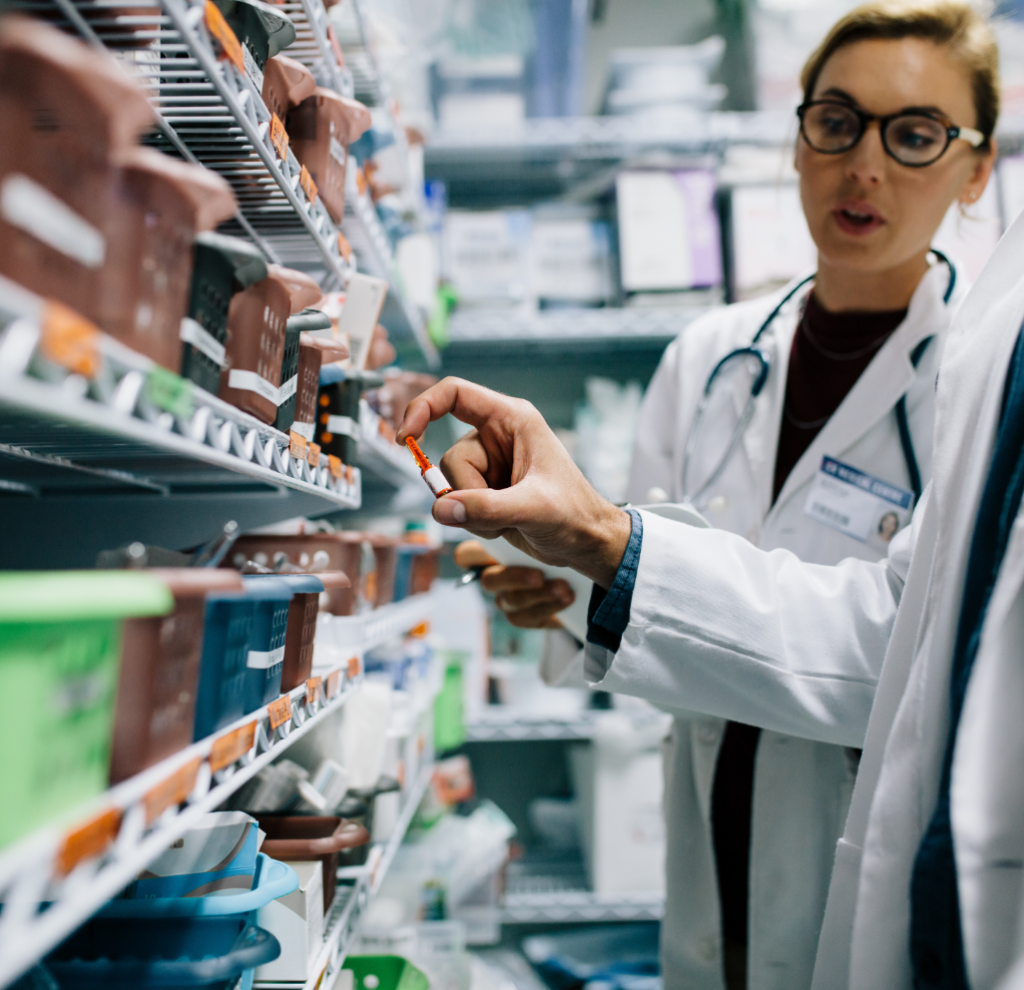Further information
Find out more about the PINCER story.
Watch now
PINCER is the Pharmacist-led Information technology iNtervention for the reduction of Clinically important ERrors in medicines management.
PINCER searches GP clinical systems using computerised prescribing safety indicators to identify patients that have been prescribed multiple medicines that may not always work together or require specific monitoring. The software works to flag these patients, so that the pharmacist can review and improve systems to avoid future errors, reducing the patients’ risk of complications and making prescribing even safer in primary care. It is managed by a team (PRIMIS) based at the University of Nottingham.
PINCER was originally trialled in the East Midlands, with evidence published in the Lancet estimating that the software was able to reduce prescribing errors by up to 50 per cent, potentially avoiding safety incidents, illness, hospitalisations and even deaths that can occur as a result of prescription errors.
PINCER was rolled out nationally by all 15 Academic Health Science Networks (AHSNs).
What did we do?
The Health Innovation Network (HIN) supported the rollout of PINCER training and software installation in GP practices in South London from 2018 until 2021 through the partnership (three-year franchise agreement) with PRIMIS and the University of Nottingham.
The HIN led the implementation of PINCER in South London by engaging with medicine optimisation leads in STPs, CCGs and GP practices. The University of Nottingham provided the IT tool for data extraction and display to practices. They also provided training and support materials to cascade the knowledge to practice staff and pharmacists.
Practice pharmacists were trained through three Action Learning Sets (ALS). Training sessions were three half day sessions over three months at about four to six weeks apart. As a response to the Covid-19 pandemic restrictions, face-to-face workshops were discontinued and all sessions were adapted to e-learning and live virtual webinars. New PCN pharmacists continued to access ALS 1 as an e-module learning while ALS 2 and ALS 3 became online interactive sessions facilitated in a collaborative manner by UCLPartners and the HIN.
The PINCER software and training were successfully rolled out in 10 boroughs – Bromley, Greenwich, Kingston, Lambeth, Lewisham, Merton, Richmond, Southwark, Sutton and Wandsworth.
Since April 2019, the HIN has:
National Achievements
Having supported the successful rollout of PINCER in South London from 2018 to 2021, the support has now ceased and pharmacists who wish to be trained should contact PRIMIS to express their interest here
If you have any questions or would like more information about PINCER. Please contact us.
Get in touch